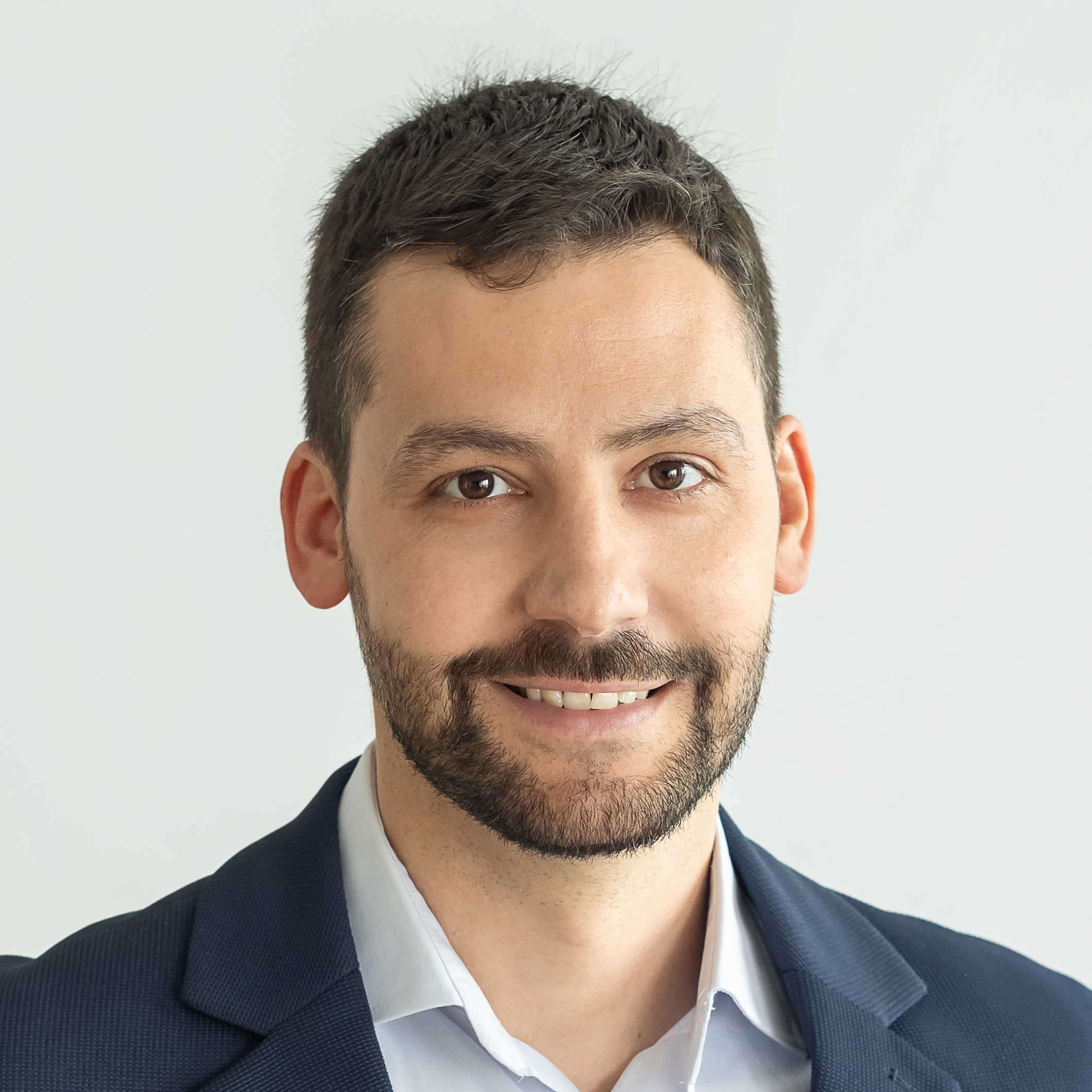About us
Our team

Oscar Esteban is an Associate Professor at the School of Engineering, HES-SO Valais-Wallis, and a long-standing advocate for open and reproducible neuroimaging. He leads the AxonLab, which develops open, analysis-grade neuroimaging infrastructure to make human and nonhuman MRI applications more reliable, comparable and easier to share. He is best known as a founder and co-lead developer of the NiPreps ecosystem (www.nipreps.org), including tools such as fMRIPrep, MRIQC, and TemplateFlow, which have become standard components of many neuroimaging workflows and embody FAIR and open-science principles. His research programme focuses on the reliability and interpretability of MRI-based measures of brain connectivity across structural, functional, and diffusion MRI, and on integrating MRI with positron emission tomography (PET), with a long-term vision of uncovering the interplay of structure, function, and dynamics using neuroimaging. Through the Human Connectome PHantom (HCPh) study and other dense-sampling paradigms, his group uses repeated multi-session MRI to characterise measurement variability, calibrate quality assessment and preprocessing pipelines, and benchmark connectivity metrics. Methodologically, the AxonLab operates at the interface of neurocomputing, neuroimaging, and neuroinformatics, treating analysis workflows as modular, optimizable software systems and exploring machine-learning and differentiable programming approaches to build adaptive preprocessing and QA/QC pipelines that remain transparent and reproducible, with an emphasis on standardizing workflows and reaching consensus implementations that reduce methodological variability. At HES-SO Valais-Wallis, he contributes to Bachelor’s and Master’s teaching at the interface of neuroimaging, data science, and artificial intelligence, bringing real-world open-source tools and datasets into the classroom. He also serves as Secretary-Elect of the Organization for Human Brain Mapping (OHBM), is an Editorial Board Member of Scientific Data, will initiate a Registered Reports track at Aperture Neuro as Special Editor in 2026, and is a working group member of INDoS (Improving Neuroimaging Data for Sharing; COST Action CA24161). As part of his commitment to community standards, he is an active contributor to the Brain Imaging Data Structure (BIDS) and related initiatives. Through these software, standards, and service activities, Oscar works to advance an open-science ecosystem for neuroimaging that couples robust, standardized QA/QC procedures with interoperable data formats and ethically grounded data governance. His goal is to enable reliable reuse of neuroimaging data across studies, sites, and modalities, so that methodological advances translate into more trustworthy inferences about brain organization and function.
Our alumni
Céline Provins
PhD Student (Jan 2021 - Mar 2025); Research Engineer (Mar 2025 - Jul 2025)
Our closest collaborators
DEI Statement
Please check our diversity, equity, and inclusiveness statement.
Contact
Our offices are located in the center of Lausanne,
on the 4th floor of Rue Centrale 7.
For post contact, please address us at
CHUV | Centre de Recherche en Radiologie RC7
RC7-04-040
Rue du Bugnon 46
CH-1011 Lausanne (Switzerland)

